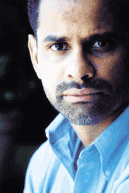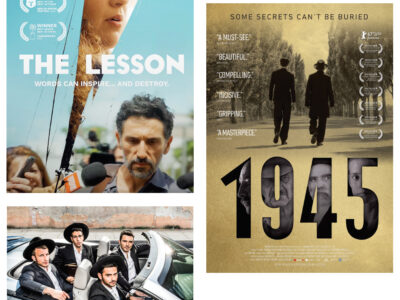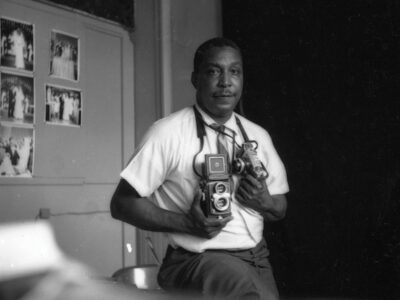
If you want to convince urban teens to stay in school or protect themselves against pregnancy, you’d better be willing to listen, says Ivan Juzang WG’90, president of a Philadelphia-based firm that develops communications strategies for urban and minority audiences. MEE Productions, a consultant on scores of Hollywood movies, has worked on campaigns in major cities around the country to reduce dropout and teen-pregnancy rates, promote HIV-treatment options, and empower low-income parents.
“These communities have generations of adults that have dropped the ball,” Juzang says. “Ironically, [teens] actually come up with some very good solutions to deal with their situations. What is surprising is that no one takes the time to listen to them and figure out what they’re going through.”
Recognizing that the media has often exerted a negative influence on young people—or simply exploited them as consumers—he is trying to use it to deliver positive messages.
“Young people spend more time consuming media than they spend with school, church, and parents combined,” he points out. “If you can generate media that acknowledges their context, you can start having a dialogue with them about other messages. But the messages can’t be overt. They have to be imbedded in the entertainment genre.”
In June the company began shooting its first direct-to-video-and-DVD film, Up Against the 8-Ball, about two low-income black women determined to overcome the obstacles that keep them from getting an education. “It’s presented as a romantic comedy,” he says, “but the underlying theme is empowerment and determination.” Discreetly imbedded in that movie, which features “top comedians out of Hollywood,” are additional messages about condom-use, substance-abuse, and breast-cancer awareness.
“They’ll never know it,” Juzang promises, because young people helped develop the script. More film, television, and radio projects are in the works.
In one successful TV ad, two women talk about emergency contraception. The ad and its slogan, “After the Fact, After the Act,” acknowledge that many woman haven’t been informed that emergency contraception is available, or that it can be used up to 72 hours after unprotected sex.
“You can’t persuade an audience,” he says, “until you address their argument.”
Juzang was at Wharton getting his MBA and planning a career on Wall Street when he came up with the concept for his company, based on an interest in inner-city concerns. In researching the lives of young people in Camden, Baltimore, Washington, and other cities, he discovered deep currents of discouragement and disaffection, which he attributes to institutional racism, the desertion of the middle class, and the lack of adults in their lives—as well as the specter of HIV, violence, and drugs. “You really do find young people who have the world-view that they will be dead at age 25—30, max. So what they do is optimize their consumption patterns to live for the moment. ‘Why should I stay in school? Why should I go to college?’
“That’s the bad news,” Juzang says. “The good news is that these same young people are literally the trend-setters for major international multibillion-dollar businesses. When you think about fashion, music, dance—a lot of the trends that ultimately end up in mainstream culture are created by these young people. They have the least to lose by taking risks. They have very ingrained street entrepreneurial skills that aren’t being utilized.” His company has taken on the challenge to let them know that “they can not only set the trends for fashion, sports, and music, but they can do that in any aspect of their lives.”
—S.F.




